Does My Dog Think I Am A Parent?
The bond between humans and dogs can, at times, seem very similar to that of a child and parent. We feed our pups, bathe them, buy them toys and other tokens of affection. They cuddle with us, put a smile on our faces when we're sad, and sometimes even get into small amounts of trouble. It's no wonder why we love them like family.
However, this isn't to say that they think of us in the same way they do their parents. Dogs have a very specific understanding of relationships and social standings within a pack. They know who their parents or siblings are in canine society, but they don't understand how human families work, nor do they consider us to be their parents.
Anthropomorphizing (associating human characteristics to non-human entities or things) dogs can be problematic. As Daniel explains:
"I don't think dogs rationalize that way, in my opinion. They view us as their pack, as their family, as their leader. As someone who has calm, assertive, dominant energy that they can follow, and feel comfortable, and safe around. But, I don't think that they view us as their actual parents. But, there must be boundaries when you humanize a dog."
Though there is no set point in which dogs view humans as less than their peers, this hierarchy usually develops during the socialization period of a pup's life or throughout that time through sensory recognition. These factors are crucial for understanding how dogs not only perceive their social status and relationships with other dogs and humans but also how they interact with them.
Through the life of a dog, if it is constantly treated as an outsider or lower-ranking member of a pack (the human family), then it will start to accept this subordination as its natural role within the group. This isn't to say that it won't try to challenge or even dominate an individual higher than it in the hierarchy, but for the most part, they will act submissively towards members of the pack.
On the other hand, if your pup is treated as an equal member of a household, it will maintain that mentality into adulthood. It will still see you as the "top dog" in most cases, but it won't be completely subservient and may be more prone to acting out in ways to gain dominance over you.
In essence, you want to train them to maintain their subservient role to avoid problems in obedience training. And, that all comes down to your mindset, as the leader of the pack. As Daniel explains "It's more about how you view your dog as opposed to how they view you."
Useful Ressources
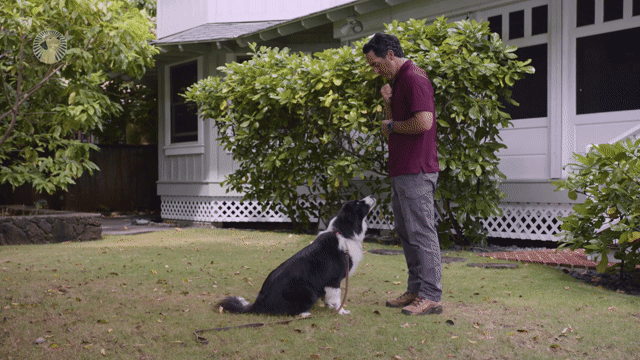
Focus and Attention
The Beacon Dog Academy is a fun, interactive experience for dogs and their owners that will help you build laser-sharp attention skills in any environment.
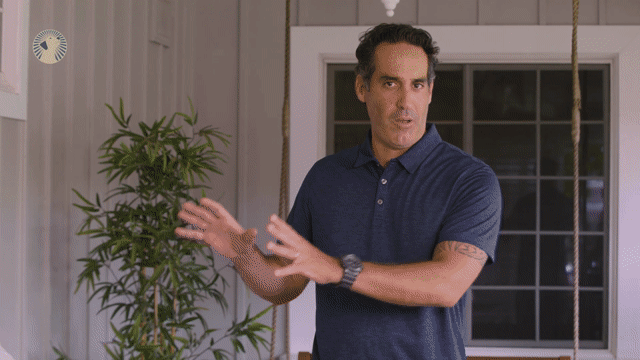
Introducing a New Dog to Your Life
Introducing a new dog into your household can be stressful. Learn how to set the right framework for success before, during, and after introducing your pup!
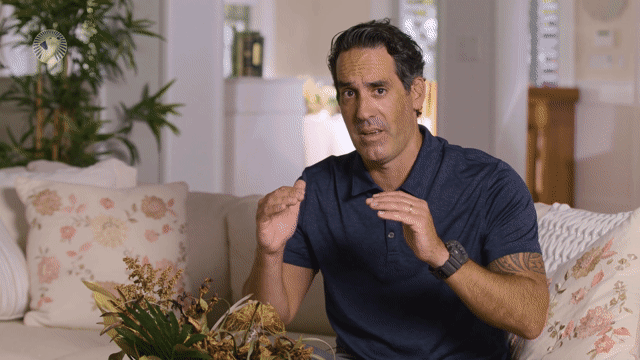
Problem-Solving Theories
Learn how to correct dog behavior problems (including food possessiveness and aggression) in order to make your life with a dog so much easier.
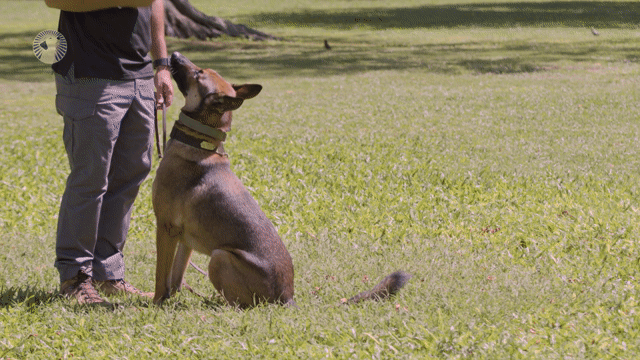
The Primal Power of Food
How to motivate your dog using food. Learn how to use food throughout your dog’s life to get the best out of them. Become an expert in motivating your dogs!

The Basics of Dog Psychology
You love your dog, but do you really know what your pup is trying to tell you? Most people don't. Dogs have a complex language of their own, and if we want to learn how to communicate with them on a deep level, we need to understand this language better.

How to Get Your Dog to Focus on You
Many people have difficulties with their dogs not paying attention to them and getting distracted by other things. This can be a complicated problem, but there are some ways that you can work on it!

How Do I Establish Dominance Over My Dog?
The last thing you want is to find yourself in a power struggle with your dog. Your goal as a handler should not be to dominate your dog but to lead them.
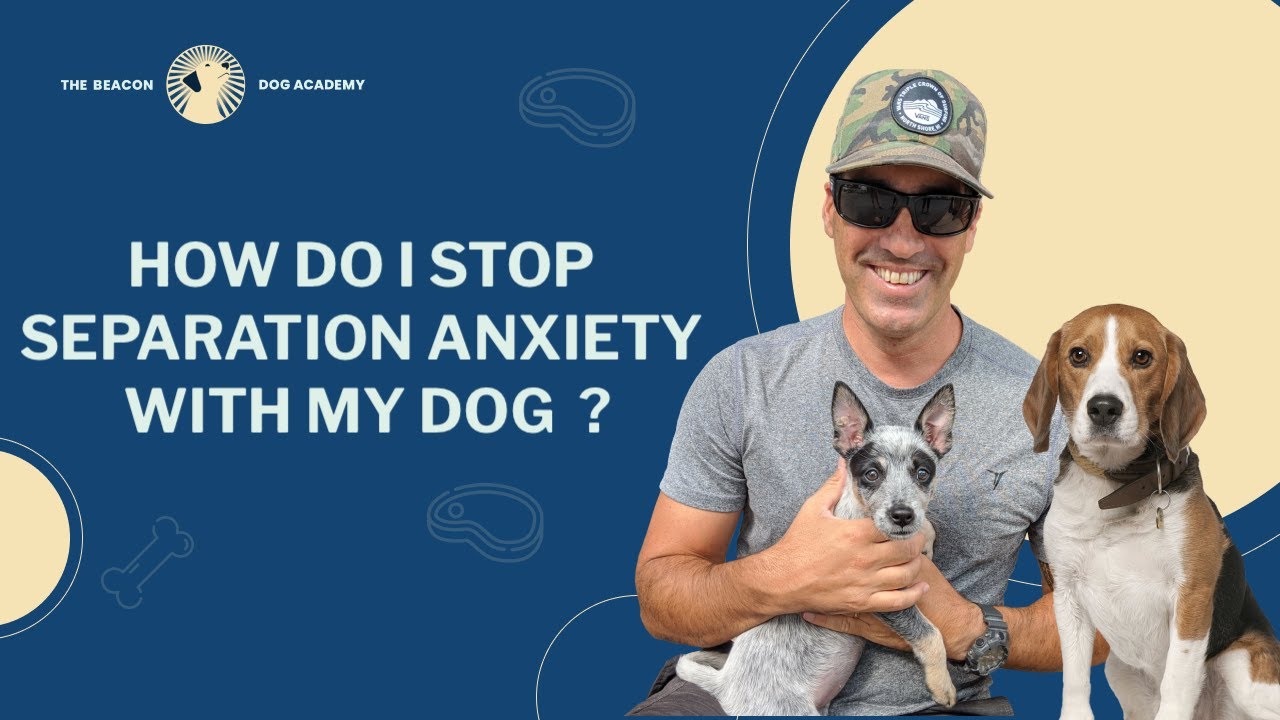
How Do I Stop Separation Anxiety with My Dog?
Separation anxiety in dogs can lead to serious issues in other areas of life and make training even more difficult if not properly addressed. So, how can you ease it?